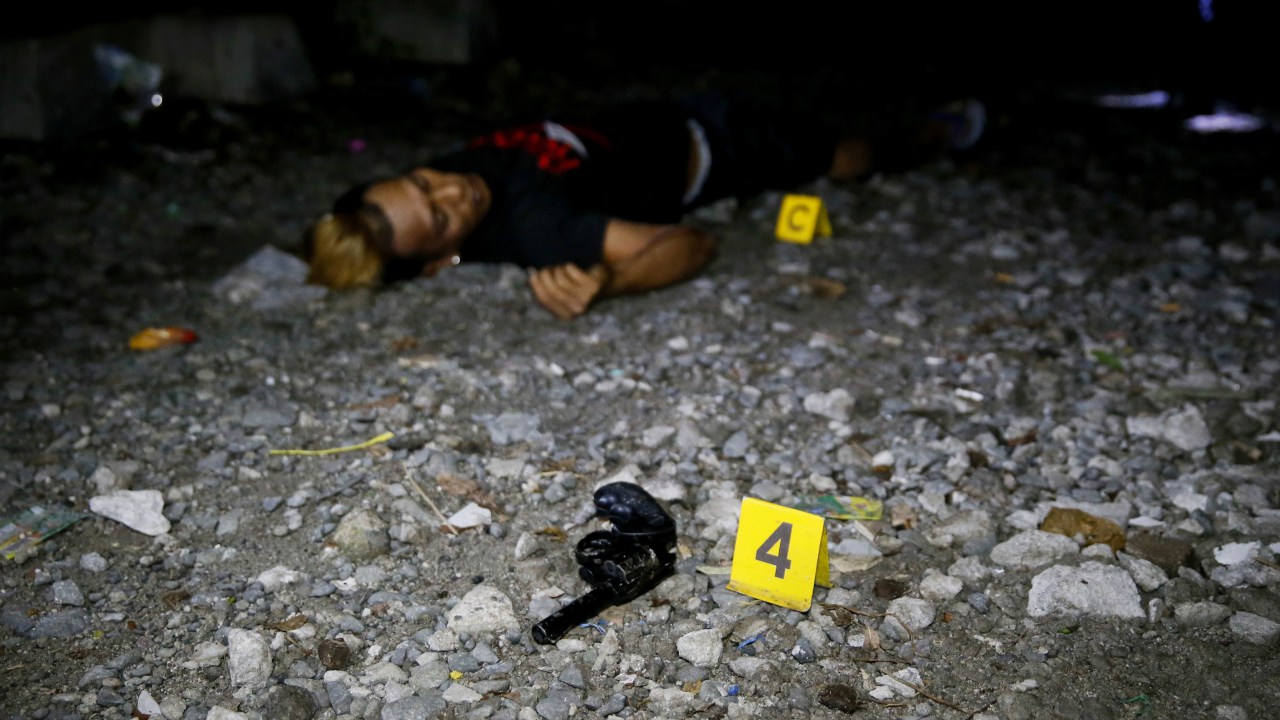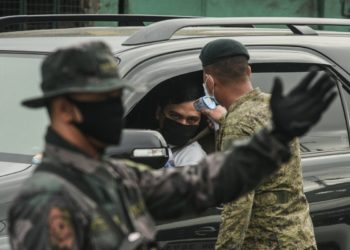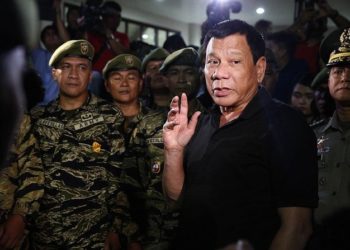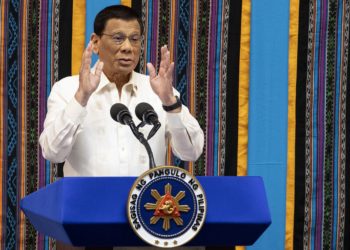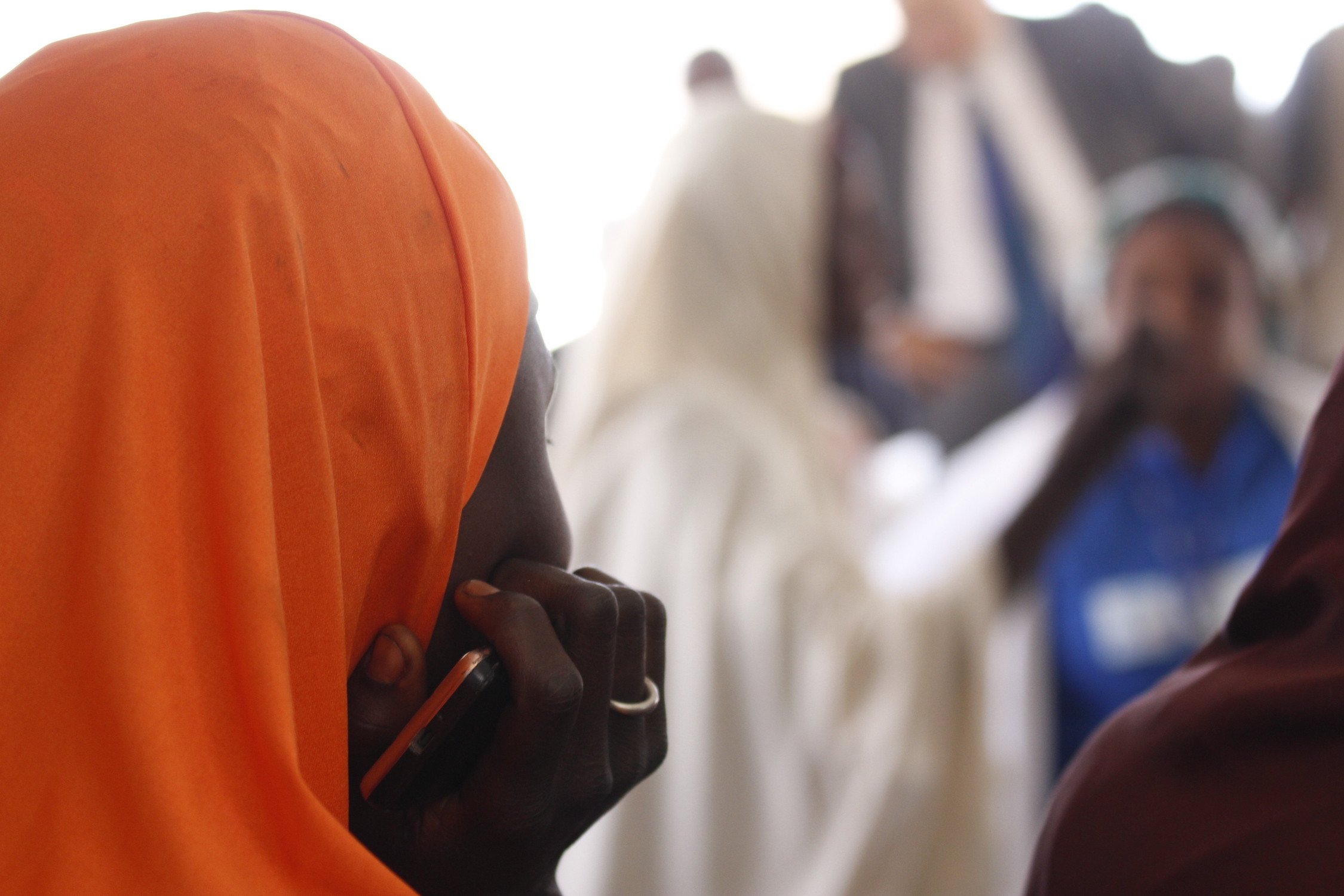Philippine President Rodrigo Duterte won martial law powers across the southern third of the country for one more year on Wednesday to combat Islamic militants and leftist rebels, as Congress brushed aside fears of a looming dictatorship.
Mr. Duterte’s request to extend martial law in the Mindanao region until December 31 next year and detain suspected rebels there without charge was overwhelmingly approved by the Senate and House of Representatives.
“The motion to further extend the proclamation of martial law and the suspension of the privilege of the writ of habeas corpus is hereby approved,” House Speaker Pantaleon Alvarez said after a 240-27 vote at a joint session.
In May Mr. Duterte imposed military rule and suspended the writ – a constitutional guarantee against warrantless arrests – across the region of 20 million people, hours after armed Islamic militants seized the southern city of Marawi.
The initial period of martial law was limited by the constitution to 60 days.
However, in July Congress authorized Mr. Duterte to extend martial law until the last day of 2017 as he moved to retake the city from hundreds of gunmen he accused of plotting to turn Marawi into a regional base for the Islamic State group.
Mr. Duterte declared Marawi “liberated” in October after a five-month US-backed bombing campaign that claimed more than 1,100 lives and left large areas of the city in ruins.
But on Monday he warned that those who escaped were regrouping.
Mr. Duterte, who called off peace talks last month with communist rebels, also warned one of Asia’s longest armed rebellions had stepped up “terrorist acts.”
His request added to critics’ fears he was seeking to steer the Philippines back into dictatorship like the late president Ferdinand Marcos did in 1972.
Opposition legislators said Wednesday that martial law was illegal because Mr. Duterte had declared the liberation of Marawi and described the communists as a “spent force.”
“It is clear that this is a tool of repression leading to a dictatorship,” congresswoman Emmi De Jesus said, explaining her vote.
“Is this now a prelude to declaring martial law nationwide?” said senate minority leader Franklin Drilon.
Mr. Duterte has repeatedly said he may impose martial law across the entire nation to save the Philippines from narcotics, crime and terrorism-induced anarchy.
But his cabinet members downplayed those fears.
“We do not ask for unlimited martial law. What we are seeking is unlimited peace,” Executive Secretary Salvador Medialdea told the joint session.


